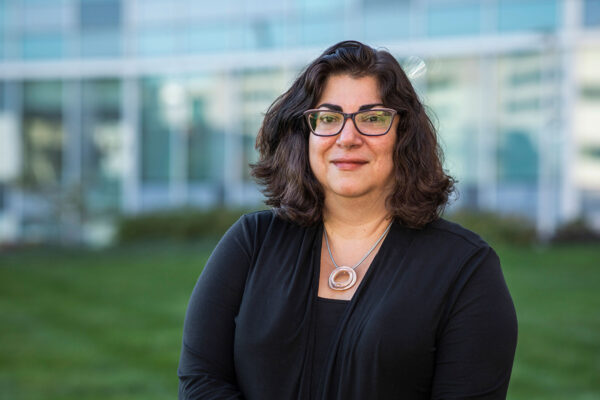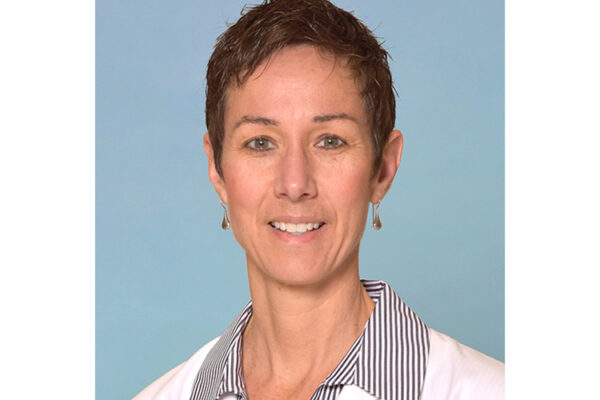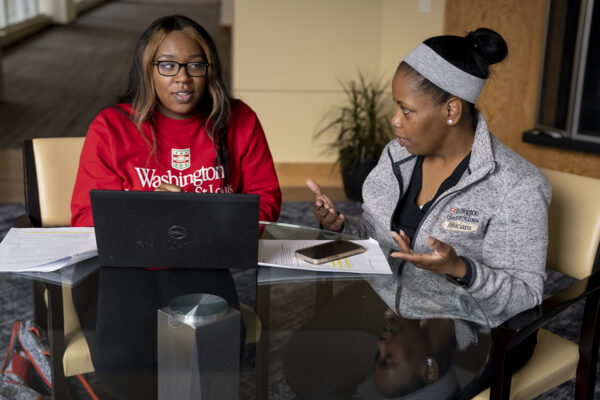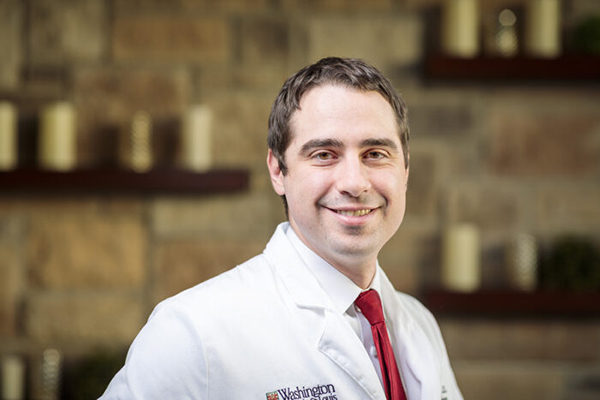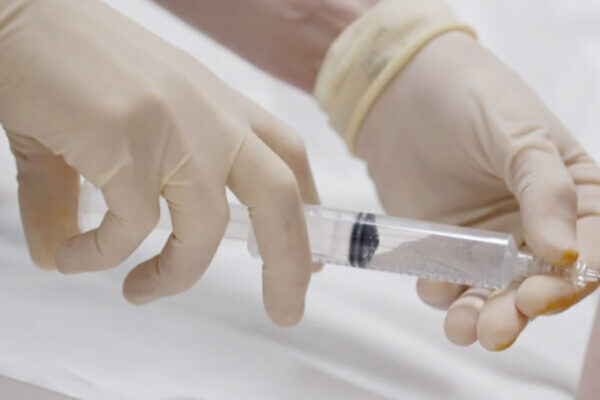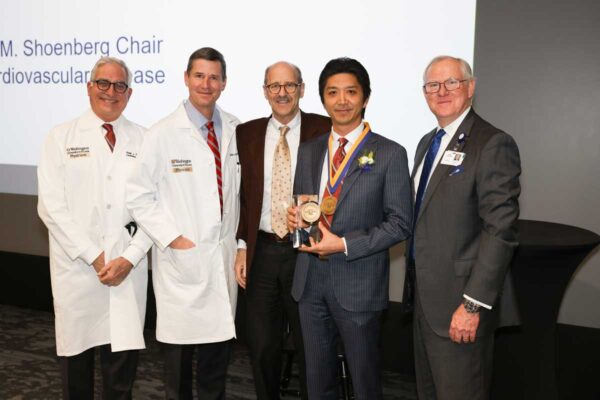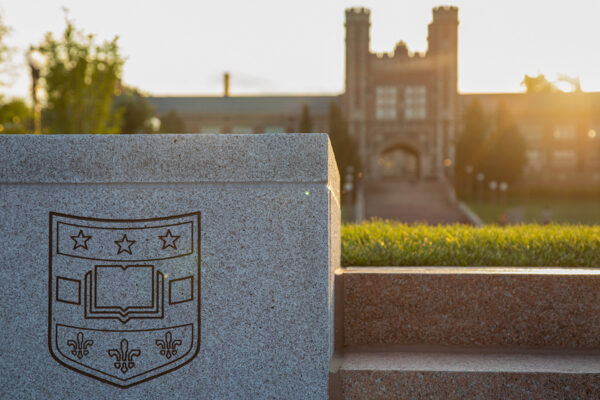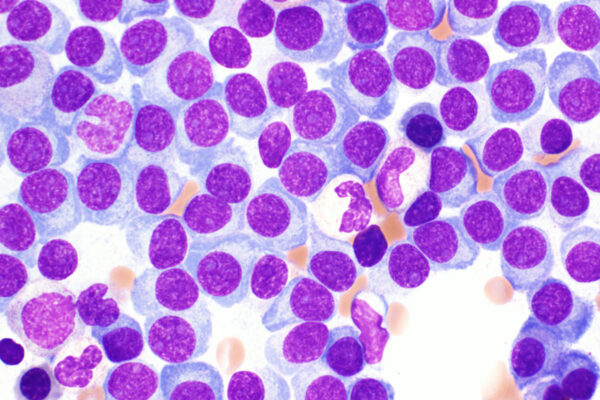Discovery suggests route to safer pain medications
Scientists at the Center for Clinical Pharmacology have identified a potential pathway to pain relief that neither triggers addiction nor causes hallucinations.
Woodard named head of Department of Radiology
Pamela K. Woodard, MD, a national leader in cardiothoracic imaging, has been named head of the Department of Radiology, director of the Mallinckrodt Institute of Radiology and the Elizabeth E. Mallinckrodt Professor of Radiology at the School of Medicine.
Early receives research mentoring award
Dayna S. Early, MD, a professor at the School of Medicine, will receive the 2023 Distinguished Endoscopic Research Mentoring Award from the American Society for Gastrointestinal Endoscopy.
Program prepares employees for high-demand, high-paying nursing jobs
The pre-nursing program at University College gives School of Medicine employees and other working adults the academic foundation to enter a bachelor’s of nursing program. The program is flexible, feasible and for most university employees, free.
White receives national hospice physician award
Patrick White, MD, PhD, director of the Division of Palliative Medicine in the Department of Medicine at the School of Medicine, has been selected to receive the 2023 Josefina B. Magno Distinguished Hospice Physician Award from the American Academy of Hospice and Palliative Medicine.
Drug for rare form of ALS, based in part on WashU research, approved by FDA
A new drug has been approved by the Food and Drug Administration (FDA) for a rare, inherited form of amyotrophic lateral sclerosis (ALS). The drug — based in part on research conducted at the School of Medicine — slows the progression of the deadly, paralyzing disease.
COVID-19 vaccine appears more effective if received around midday
A new study led by the School of Medicine suggests that circadian rhythm — the natural cycle of physical and other changes our bodies go through in a 24-hour period — may affect the body’s response to the COVID-19 vaccine. The research suggests that vaccines given around the middle of the day may prevent more infections.
Kaneko named Shoenberg Chair in Cardiovascular Disease
Tsuyoshi Kaneko, MD, chief of the cardiac surgery section in the Department of Surgery at the School of Medicine, has been named the John M. Shoenberg Chair in Cardiovascular Disease.
Faculty named to American Academy of Arts & Sciences
Four faculty members of Washington University in St. Louis were elected members of the American Academy of Arts & Sciences, the academy announced April 19. They are Jean Allman, Scott J. Hultgren, Tristram R. Kidder and Lilianna Solnica-Krezel.
Investigational drug may improve stem cell transplantation for multiple myeloma patients
A clinical trial led by the School of Medicine has shown that the investigational drug motixafortide — when combined with the standard therapy for mobilizing stem cells —may improve stem cell transplantation for multiple myeloma patients.
Older Stories

